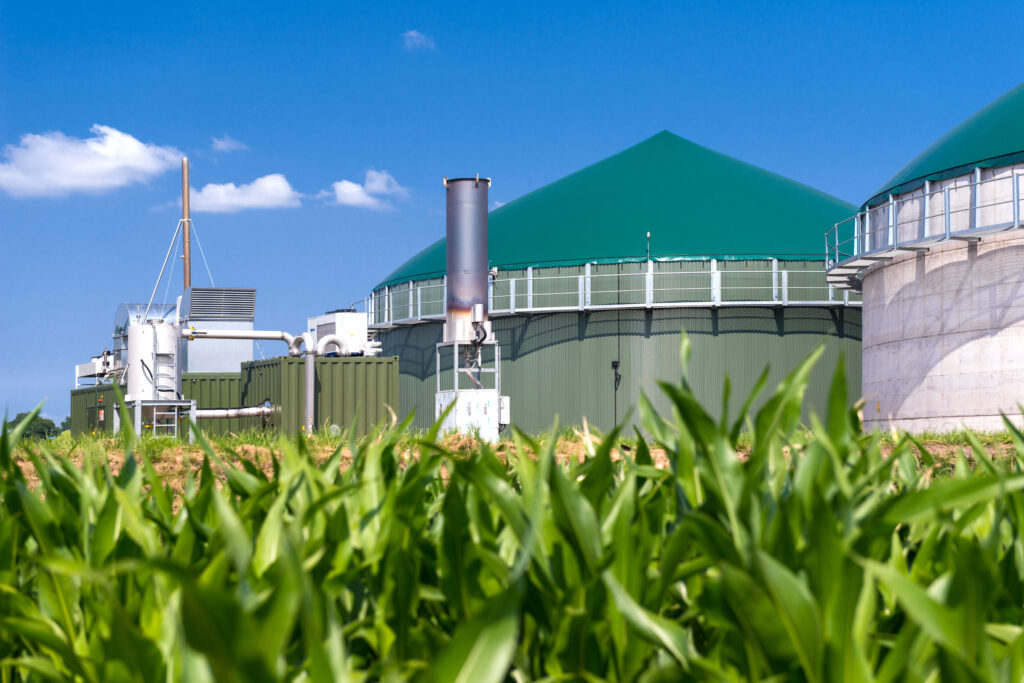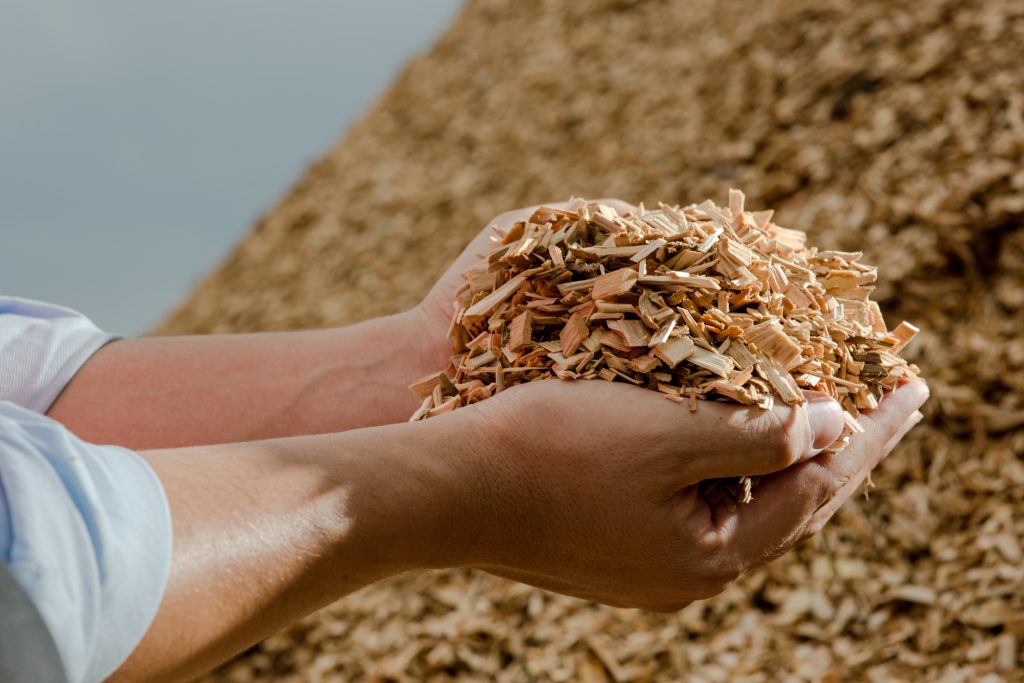ISCC EU Certification: Delivering Flexibility, Risk Assurance and a Competitive Advantage to the European Biomass Market

Amidst the demands of the global energy transition and new targets for renewable energy sources within the European Union (EU) set by the European Commission (EC), the need for sustainable biomass and bioenergy production has never been greater.
However, biomass is not inherently sustainable. Its creation, when not managed responsibly, can risk instigating deforestation, competition with food production, and other issues. Therefore, when companies seek to incorporate this renewable energy source into their supply chain and mitigate these risks, the ISSC EU Certification is one of the most effective tools for European biomass producers and traders.
In this insight, we will examine this highly regarded and wide-ranging sustainability certification system in more detail, including the environmental, reputational, and financial benefits of achieving and maintaining the certification, as well as how Control Union can become your trusted auditing partner to ensure ongoing compliance and sustainability assurance.

The ISSC EU Certification System
With the first certificate issued in 2010, the International Sustainability and Carbon Certification (ISCC) has helped thousands of biomass producers and traders from across the globe substantiate their sustainability claims.
Widely regarded as the leading certification system for the industry, ISCC’s broad range of certifications now comprises several options applicable to a range of industries and worldwide locations, including:
The ISCC EU certification, in particular, has become a coveted badge of honour for many in the European biomass supply chain. Recognized by the European Commission (EC), this voluntary certification allows biomass companies to demonstrate that the biofuels they produce and/or handle are compliant with Renewable Energy Directive III (RED III), requiring that at least 42.5% of the EU’s energy consumption should come from renewable sources from 2030.
Although several other certification systems allow companies to display this compliance, the ISCC EU continues to attract new applicants due to three main reasons – its flexibility, thoroughness, and the way the biomass supply chain and consumers perceive it.
The Broad Scope of ISCC EU
Many European biomass producers and traders supply multiple types of biomasses that can be utilized for various applications. When they are tasked with proving the sustainability of these products, attaining multiple certifications may become costly, time-consuming, and confusing. The ISCC EU is acutely aware of this fact and offers a broad scope to counteract these issues.
In addition to covering a variety of conventional biofuels, the ISCC EU also certifies renewable fuels of non-biological origin (RFNBOs) and recycled carbon fuels (RCFs) – relative newcomers to the European biomass market.
Therefore, as companies continue to evolve their offering and embrace new techniques to meet stakeholder demand, the broad scope of the ISCC EU allows them to continually demonstrate their commitment to sustainability without having to undergo the process of applying for multiple certifications each time.
Although the ISCC EU certification encompasses a broad and growing spectrum of biofuels, it retains the rigour that ensures its holders avoid unnecessary risks to the credibility of their sustainability claims. This is mainly attributed to the way the certification system handles greenhouse gas (GHG) emission reporting.
The Strict Requirements of ISCC EU
RED III significantly increased the target for the EU’s renewable energy consumption in all European industries.
Among the Directive’s ambitious targets, the transport sector must either reduce its greenhouse gas (GHG) emissions intensity by 14.5% or ensure that at least 29% of the energy it consumes comes from renewable sources by 2030. Biomass, through the increasing use of biofuels such as ethanol and biodiesel in the transportation sector, will play a significant role in helping European companies meet this obligation.
ISCC EU is recognized by the EC and is accepted as concrete evidence that a company complies with RED III. It requires its holders to provide detailed GHG calculations (either by way of actual or default values) and expects GHG emissions from the entire supply chain to be meticulously tracked and reported.
Therefore, acquiring and maintaining the ISCC EU certification sends a strong message about a company’s commitment to the EC’s regulatory mandate. In addition, its comprehensive approach helps companies avoid PR crises when biomass sources in their supply chain, once believed to be fully sustainable, are later found not to be.
However, gaining ISCC certification isn’t just about risk mitigation and assurance. Earning this distinguished title can also give biomass companies a significant competitive advantage.

The Market Opportunities of Retaining a Biomass Sustainability Certification
The call for enhanced sustainability is coming through loud and clear across all industries. In a recent survey conducted by PwC[1], for example, insights from 20,000 consumers across more than 30 different countries revealed a willingness to spend an average of 9.7% more on sustainable products. Therefore, when companies can showcase their commitment to sustainable production, they may be granted the opportunity to charge premium prices.
However, as consumers become more discerning, they’re less likely to be swayed by sustainability claims that lack substance. Instead, certification has emerged as the leading factor influencing whether consumers view a brand or product as truly sustainable, surpassing ingredients, packaging materials, and brand values[2].
Therefore, acquiring and holding onto a reputable certification speaks volumes. It immediately signals to consumers and the supply chain that your claims are credible. And since ISCC EU is widely recognized as a leading certification in the biomass sector, attaining and maintaining it could spell the difference between unlocking greater commercial value from your sustainability efforts and leaving untapped potential, and profits, on the table.
Your Next Step to Getting Certified
If you recognize the benefits of ISCC EU certification and decide it’s the next step for your biomass business, you’ll need an independent auditor that understands the intricacies of the certification system and can give you the assurance that you’re in full compliance.
By engaging Control Union as your trusted auditing partner, you’ll gain access to a network of expert auditors who will deliver a cost-effective, efficient service, enabling you to meet the European Commission’s requirements and achieve biomass sustainability that stands up to scrutiny.
[1] PwC 2024 Voice of the Consumer Survey
[2] GlobeScan 2022 Healthy and Sustainable Living (HSL) Study

How can we help you?
Do you have any questions about Biofuel or Biomass services or certifications? Contact us now so we can help you!